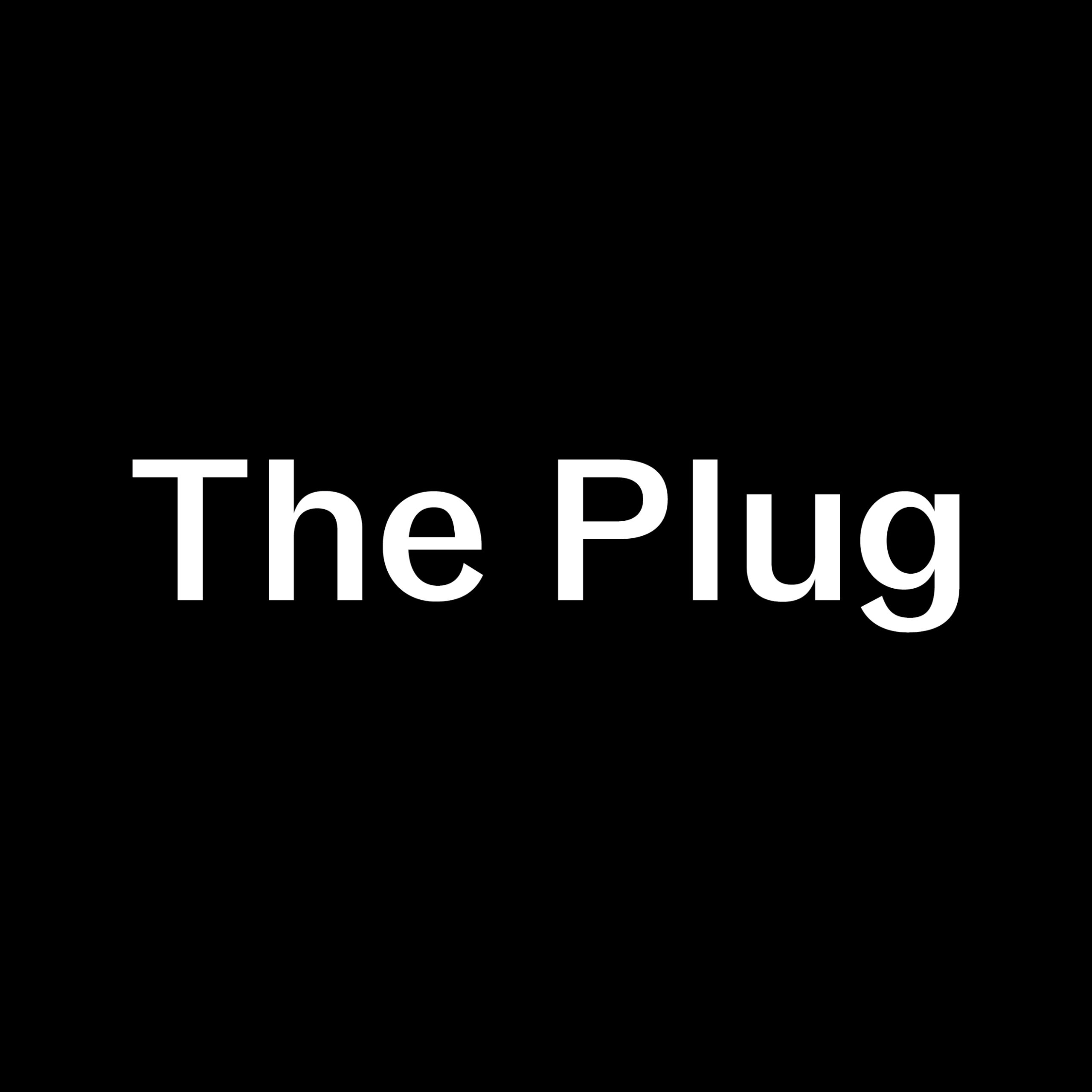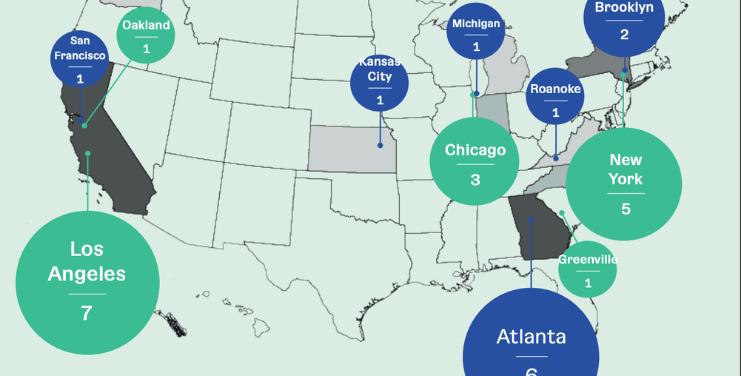A new report on the state of the HBCU innovation ecosystem seeks to answer whether or not an influx of large corporations and investment firms that announced new initiatives with historically Black colleges and universities since the murder of George Floyd last summer, many aimed at promoting innovation and tech careers, have actually made an impact. Interim findings show that though more than 120 such programs now exist, student engagement with them varies among the different HBCUs.
These findings from the report were presented this week during the White House’s National HBCU Week Conference, a week-long slate of events highlighting the work being done at HBCUs in everything from STEM education to disaster preparedness. The full report will be released by the end of the year.
Joey Womack, founder and CEO of social good consultancy Amplify 4 Good, is spearheading the report with support from the United Negro College Fund, Citi Foundation, Blackstone Charitable Foundation and Black Tech Ventures.
“We all know that support for connecting HBCU students with opportunities in innovation is at an all-time high,” Womack said during the keynote speech where he presented the initial data.
“But we’re a little bit concerned. We’re concerned that maybe all the programs, initiatives and opportunities might not live up to their potential to drive students into technical career pathways and opportunities around entrepreneurship, because our community is not working together as an ecosystem.”
To determine what initiatives and models are or are not working and where there is overlap among programs, Womack and his research team mapped the various tech training and entrepreneurship programs across the country that give students opportunities to learn outside of the classroom. They found more than 120 programs and initiatives linked to over 200 organizations that interfaced with approximately 50 HBCUs.
On the tech training side, HBCU students can get a taste of the innovation ecosystem and access to potential internships through programs like OHUB@SXSW or get experience and funding for their schools through hack-a-thons hosted by major corporations like Zillow.
On the entrepreneurship side, organizations like Nex Cubed and Black Tech Ventures offer students the chance to develop their ideas through accelerators and programs like the Pharrell Williams-founded Black Ambition prize, which gives HBCU founders access to capital and most recently awarded a $250,000 grant to a Hampton University alum.
There are also programs that help prepare students for the other side of entrepreneurship, venture capital careers, like HBCUvc and Black Venture Capital Consortium.
The interim report also outlines how students find out about these types of opportunities — largely through word of mouth.
“Essentially, they’re finding out about tech via chance,” Womack said.
Beyond just mapping the programs offered to students, the report also analyzed how students majoring in tech disciplines at different HBCUs are engaging with this programming.
Schools like Bluefield State College, Morgan State University, Hampton University and Jackson State University have a relatively high percentage of students in tech majors who are also highly engaged with programs, according to initial data.
Schools like Florida A&M University, Xavier University and Spelman College have a relatively low percentage of students in tech majors, but they are also highly engaged with programs. Around 44 HBCUs have a low rate of students in tech majors who are also not really engaged.
The interim report also found that HBCU business schools are less engaged than their counterparts with a tech startup community.
By the end of the year, Womack and his team will release the full, long-form report with more detailed analysis and recommendations.
Womack believes there is something special about HBCU students when it comes to the innovation ecosystem.
“Innovation comes from experiences around adversity,” Womack said. “People have to make a way. For Black people in this country, we’ve been making way for over 400 years,” he continued. “We come into college having to be innovative just to simply make it, so that culture is built in whether we label it innovation or entrepreneurship or whatever, we have it from a genetic standpoint, from a cultural or upbringing standpoint.”
Disclosure: Mirtha Donastorg was interviewed for a section of the upcoming report on the role of media in the HBCU tech, innovation and entrepreneurship ecosystem.








